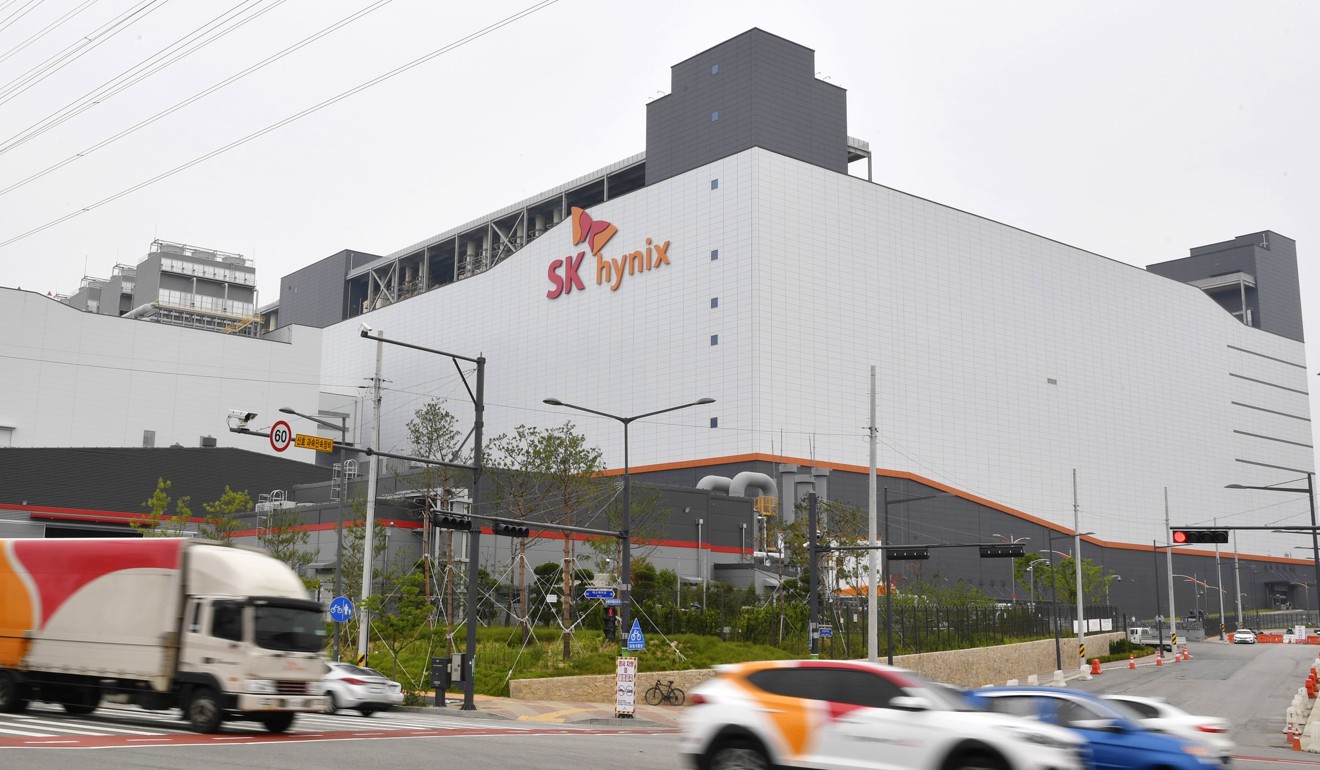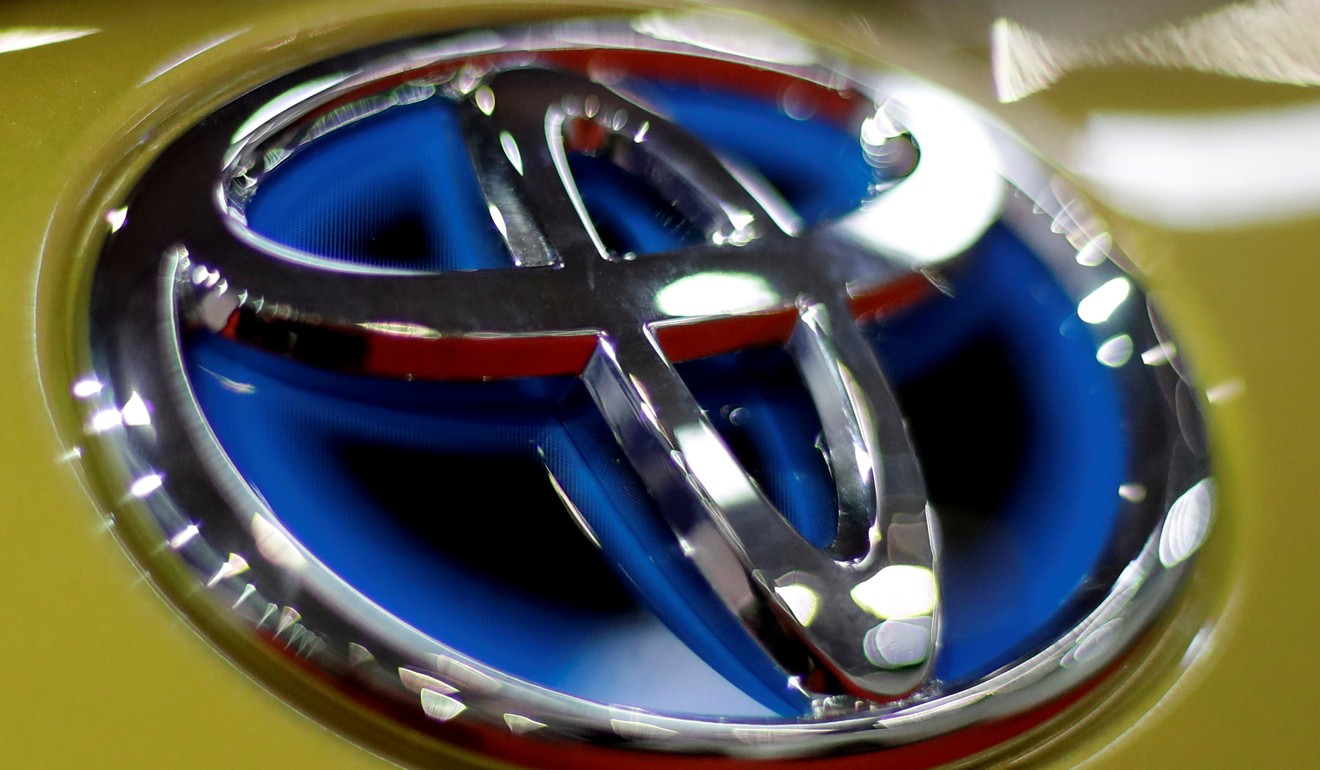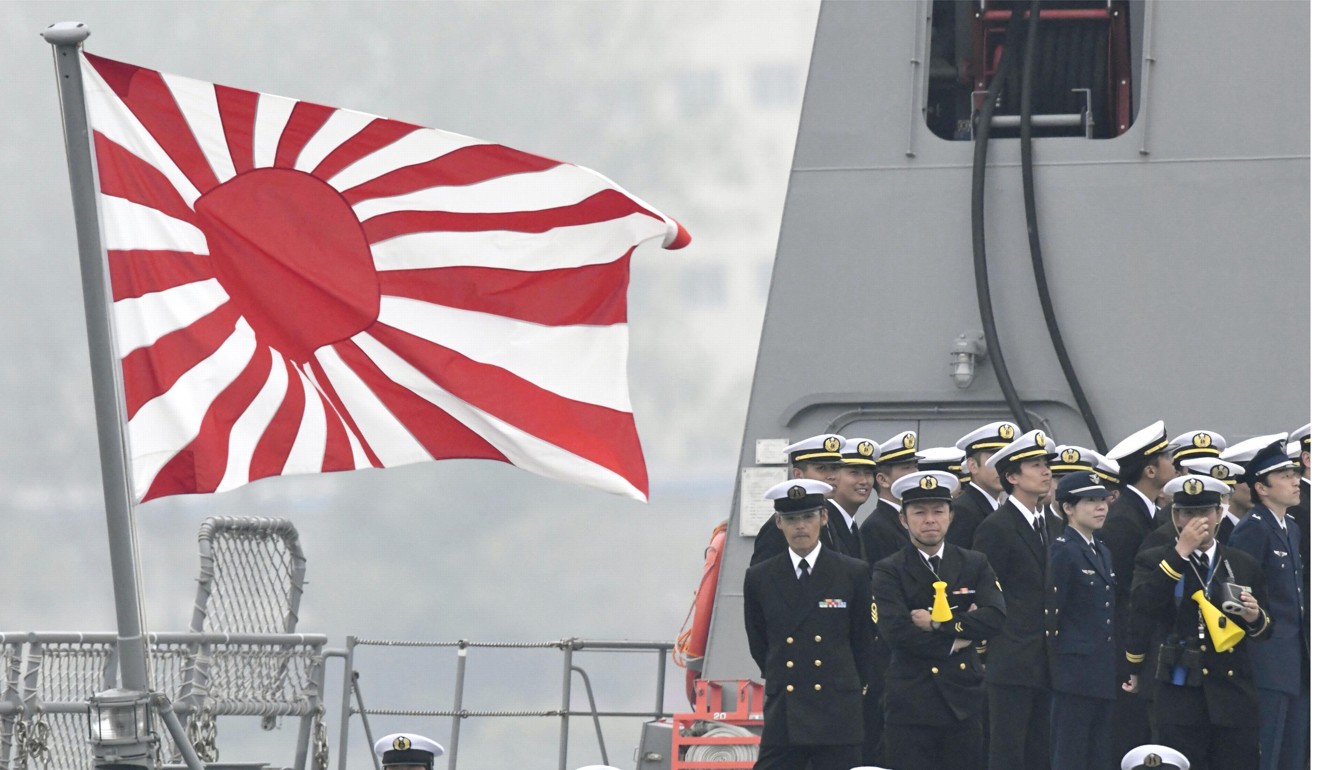
South Koreans call for boycott of Japanese cars, beer and cosmetics as ‘trade war’ intensifies
- Japan this week announced restrictions on hi-tech materials exported to South Korea, as both countries remain locked in a row over forced labour
- An online petition calling for Seoul to ‘retaliate’ against Japan garnered 17,000 supporters in four days
The two neighbours have been locked in a row over Japan’s use of forced labour during World War II, with South Korean courts recently ordering Japanese firms to compensate victims.

South Koreans have on social media called for people to give Japanese clothes and beer a miss, naming companies such as Toyota, Uniqlo, Kirin, Panasonic, Hondaand Descente. Even travelling there should be taboo, they argued.
“JTB does not do much business with Korean travellers coming to Japan and we have not seen any impact as yet,” she said. “The relationship between Japan and Korea has been difficult for some years now, but even so the number of Koreans coming here has remained steady in that time. We do not believe we need to make any contingency plans yet.”
Japan-South Korea ‘trade war’: has Tokyo shot itself in foot?

Last year, South Korea imported 40,000 Japanese cars while exporting virtually nothing to Japan.
Unsurprisingly, the boycott calls have left major Japanese companies with a high profile in South Korea nervous. A spokesman for Toyota would only confirm the company “is continuing to watch the situation”. An official of Fast Retailing, which operates the Uniqlo brand as a joint venture in South Korea declined to comment.
Japan tightens exports to South Korea as forced labour row deepens
A spokeswoman for cosmetics company Kanebo played down the potential impact.
“We have two ranges available in South Korea, but neither have ‘Japan’ or ‘Tokyo’ in their marketing so it is very likely most consumers there will not know that they are Japanese brands,” Makiko Takahashi said.
“Also, our customers are mainly younger people and they perhaps have less concerns over historical or political issues than older generations, so we do not believe we will be seriously impacted by a boycott of Japanese brands.”

Japan has failed to respond to an invitation from Beijing to take part in the annual three-nation Northeast Asia Summit, which is hosted by Japan, South Korea and China in turn. Beijing is due to hold this year’s event and Seoul has stated that it will be represented, but there has been no such commitment from Japan. There are also concerns about the future of the Japan-South Korea intelligence-sharing agreement that is due to be renewed in August.
South Korea to invest US$857m to break reliance on Japanese tech materials
“We believe that the Japanese move is a clear act of economic retaliation,” Hong told South Korean radio, warning of adverse effects on both countries. “If the problem is not settled, surely [South Korea] needs to ask the WTO to make a judgment. But as it takes a long time for the WTO to deliver a verdict, it cannot be the only solution.”
In an editorial, the Chosun newspaper warned Japan’s action risked “shaking the decades of bilateral economic cooperation between the two countries to its foundation”.
“Despite various conflicts and frictions that have occurred since the normalisation of ties in 1965, the close-knit mutual cooperation in economy has never been broken,” the editorial said. “The two are in effect one economic bloc … If one hurts, the other will surely be sorry as well.”
3 in 4 Japanese distrust South Koreans – and the feeling’s mutual
On Wednesday, South Korea said it planned to invest 1 trillion won (US$855 million) annually to research materials, parts and equipment for the chip industry with the aim of easing its dependency on Japan. Beyond that, it is unclear what measures are available to Seoul, as any retaliatory export curbs or tariff hikes would be a violation of WTO rules.
“Japan has many more cards to use against South Korea than South Korea’s against Japan in light of their economic sizes and Seoul knows this reality very well,” said Professor Lee Won-deok from Kookmin University. “That is why Seoul cannot afford to escalate this dispute.”
“Retaliation leads to retaliation and the vicious cycle of retaliation would only hurt both sides. I hope the two countries stop short of that stage and settle the issue smoothly,” he added.
“However, if this adds to ongoing economic woes over the long haul, the ruling Democratic Party would suffer [in next year’s parliamentary elections],” he said.
Connect with us on Twitter and Facebook


